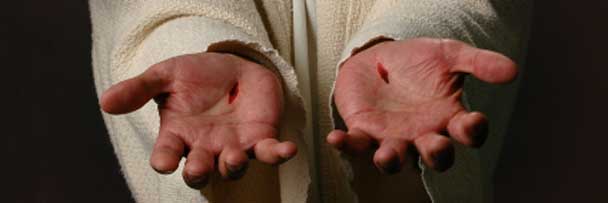BRAZIL: July 2010
ELECTIONS
In October 2010 Brazilians will elect their new President, along with Governors, State and Federal Representatives and Senators.
Brazil has one of the largest voting populations in the world, and vote is mandatory for those between 18 and 70 years old.
For the first time in history the presidential race has two women bearing real chances of being the first woman President. Workers' Party Dilma Roussef, a guerrilla fighter against the military regime in the late 60s and government's candidate now, tries to inherit Lula's huge support, especially among the low income population, to win elections in the first round, if possible.
Her main opponent is economist and professor José Serra, Governor of São Paulo (the richest and most populated state in Brazil), appreciated by the upper-middle class and cherished by the media, a liberal social-democrat defeated by Lula in 2002.
A third candidate is another woman, Amazon-born Marina Silva, whose biography most resembles Lula's: the daughter of a rubber worker, illiterate until 17, she became a schoolteacher and is the best-known ecologist in Brazil since Chico Mendes. Lula picked her to be Minister of Environment, but she quit in his second term for disagreement over the impacts of building dams in Amazon rivers in order to prevent energy shortage in the future. A Workers Party founder and longtime militant, she switched for PV (Green Party) to run for President.
July is the month Presidential campaign starts on TV. Brazilian networks are obliged by law to air two 30-minute blocks in lunchtime and prime time for candidates' propaganda, besides spots along the day. Nonetheless, Soccer World Cup overshadows politics in this country. So, a major involvement of the population in elections is expected to come after the cup's final match - or earlier, if Brazil fails to rank among the four best.
The campaign is expected to get warmer in late July. TV debates are expected to com in August or September, and they are essential for voters to make their definite choices in presidential elections.
In October 2010 Brazilians will elect their new President, along with Governors, State and Federal Representatives and Senators.
Brazil has one of the largest voting populations in the world, and vote is mandatory for those between 18 and 70 years old.
For the first time in history the presidential race has two women bearing real chances of being the first woman President. Workers' Party Dilma Roussef, a guerrilla fighter against the military regime in the late 60s and government's candidate now, tries to inherit Lula's huge support, especially among the low income population, to win elections in the first round, if possible.
Her main opponent is economist and professor José Serra, Governor of São Paulo (the richest and most populated state in Brazil), appreciated by the upper-middle class and cherished by the media, a liberal social-democrat defeated by Lula in 2002.
A third candidate is another woman, Amazon-born Marina Silva, whose biography most resembles Lula's: the daughter of a rubber worker, illiterate until 17, she became a schoolteacher and is the best-known ecologist in Brazil since Chico Mendes. Lula picked her to be Minister of Environment, but she quit in his second term for disagreement over the impacts of building dams in Amazon rivers in order to prevent energy shortage in the future. A Workers Party founder and longtime militant, she switched for PV (Green Party) to run for President.
July is the month Presidential campaign starts on TV. Brazilian networks are obliged by law to air two 30-minute blocks in lunchtime and prime time for candidates' propaganda, besides spots along the day. Nonetheless, Soccer World Cup overshadows politics in this country. So, a major involvement of the population in elections is expected to come after the cup's final match - or earlier, if Brazil fails to rank among the four best.
The campaign is expected to get warmer in late July. TV debates are expected to com in August or September, and they are essential for voters to make their definite choices in presidential elections.




Comentários